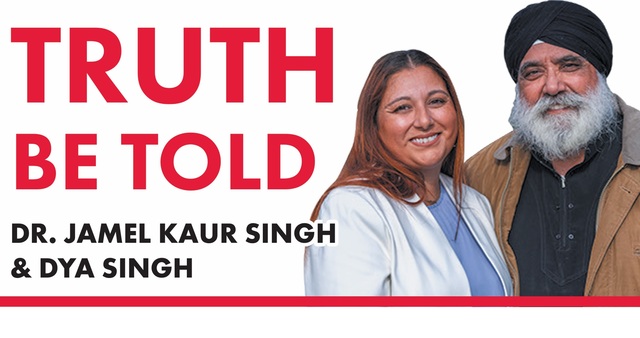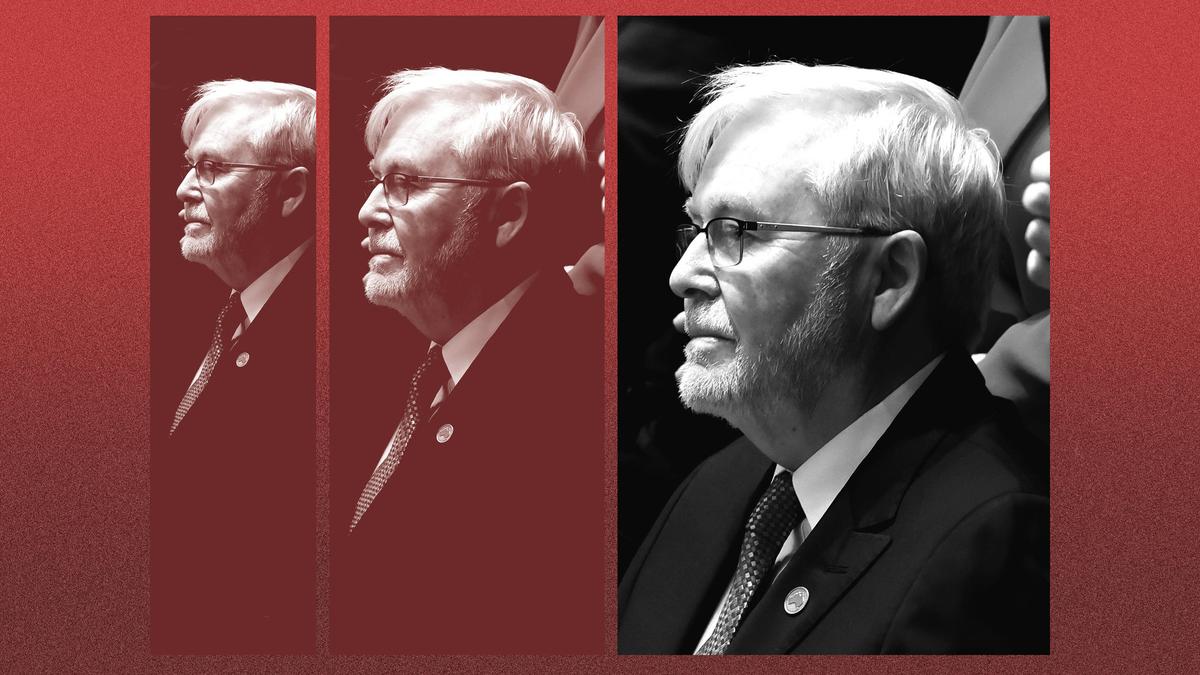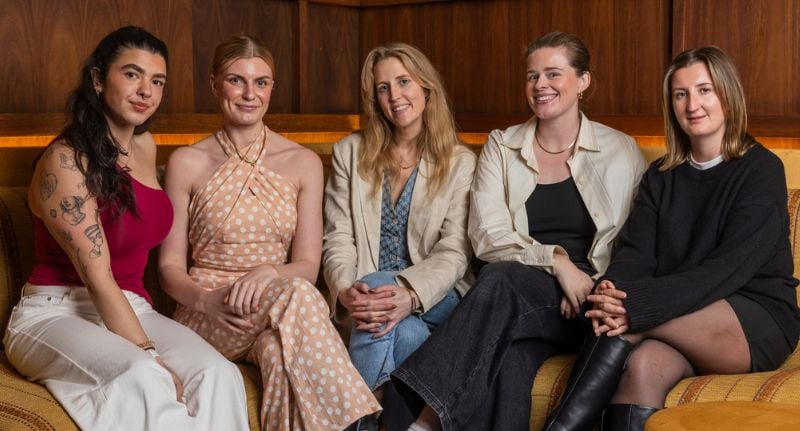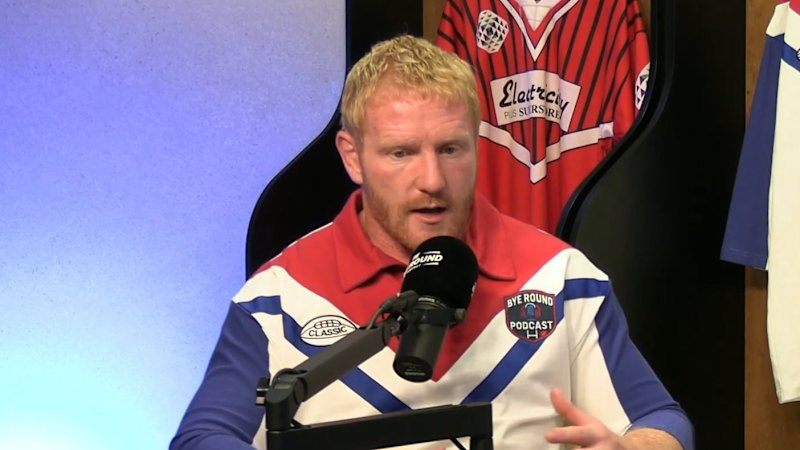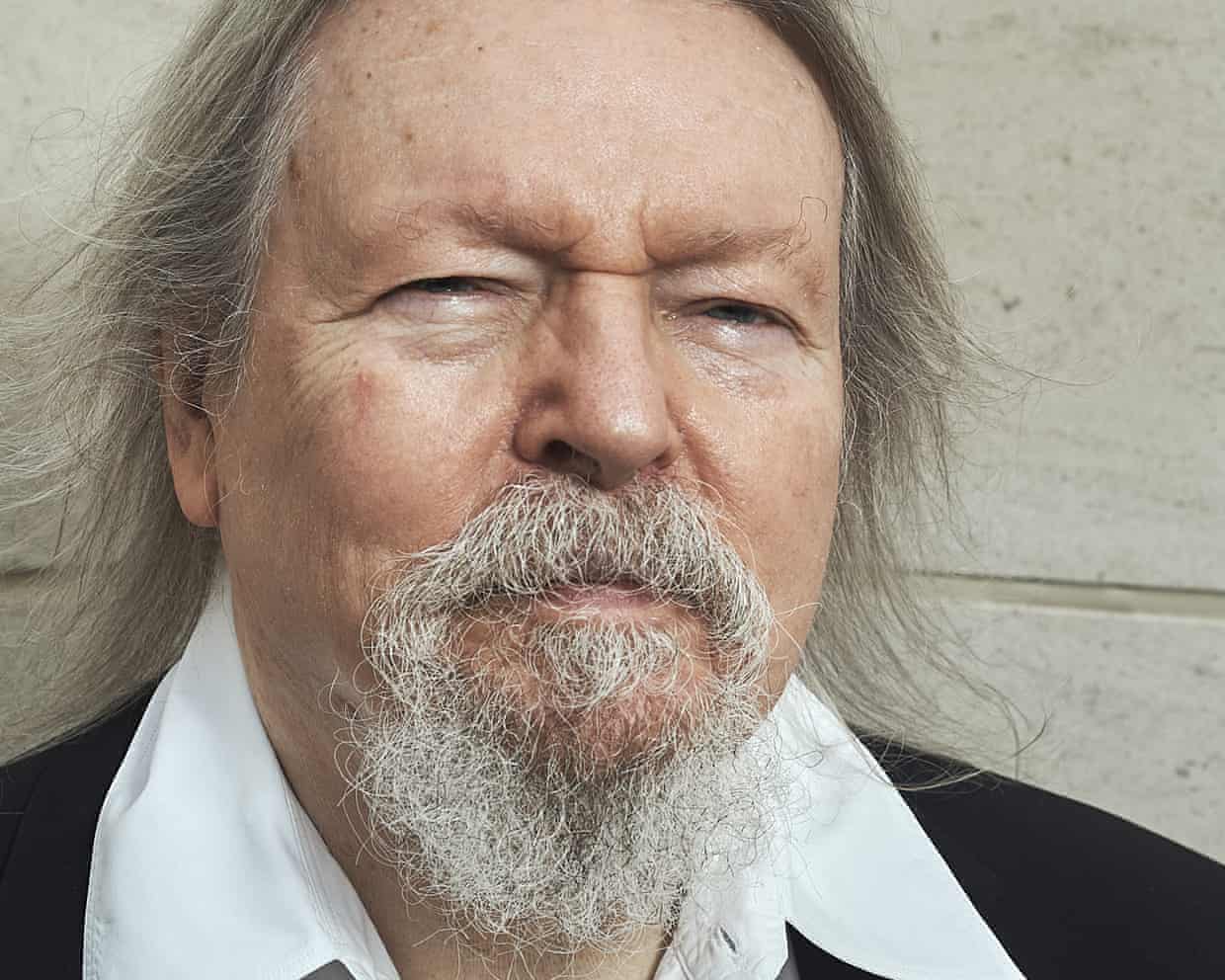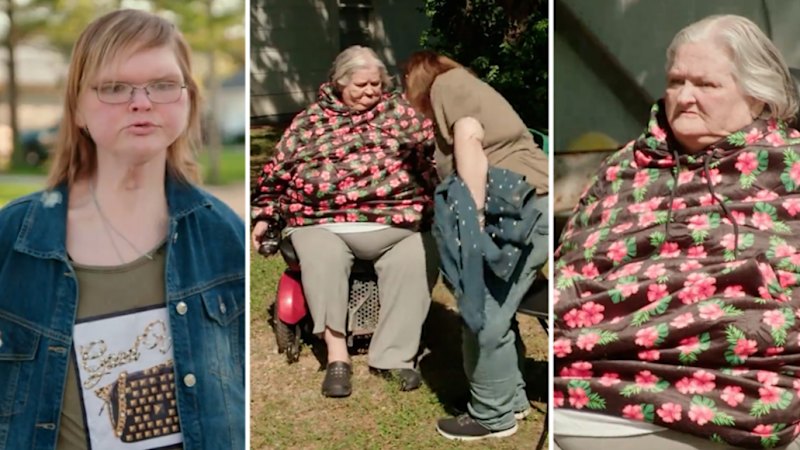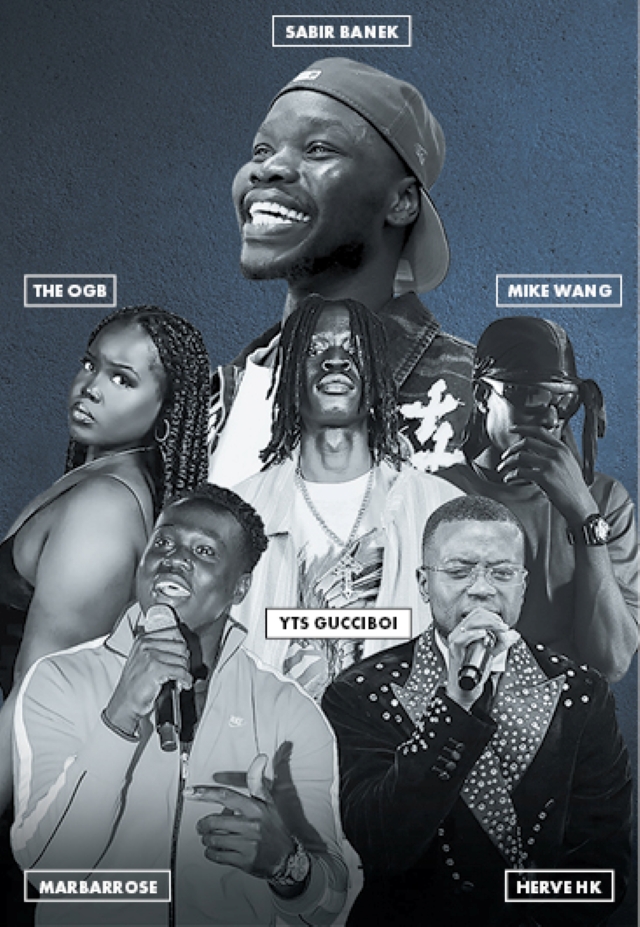
Several local artists, including Marbarrose, Mike Wang, YTS Gucciboi, OGB, Sabir Banek, and Herve HK, are speaking out against violence in their communities, emphasizing that the roots of this issue extend beyond music. Each artist has been personally affected by violence, having lost friends or family members to stabbings, shootings, or other tragic circumstances. They argue that the narrative blaming music, particularly genres like drill, for societal violence oversimplifies a much deeper problem.
Marbarrose, a former gang member, challenges the notion that music is the primary cause of violence. “Many of these beefs or issues stem from real-life situations rather than music itself,” he stated. He believes it is crucial to address the underlying issues such as family breakdown, poverty, and lack of identity. “Music is a fruit of a tree, not the root of the tree,” he explained, urging the community to focus on resolving the deeper societal issues rather than vilifying musical expression.
Artists Advocate for Change and Mentorship
The artists also highlighted a growing desire among individuals trapped in cycles of crime to seek a different path. Sabir Banek, who has experienced addiction and imprisonment, noted, “In my 24 years, I’ve spoken with so many on the streets, and almost all of them want out.” He emphasized the importance of mentorship, as many young people feel trapped by their circumstances and fear for their safety if they try to leave gang life.
The message from the artists is one of hope and resilience. “Don’t let yourself become another statistic,” Sabir urged those involved in crime. He, along with others, is stepping into mentorship roles, offering guidance to youths caught in peer pressure and criminal cycles. Mike Wang added that it is never too late to change, stating, “Being young is a blessing, and they don’t realize how much they have to offer in this world.”
Despite the risks associated with gang affiliations, independent artists like YTS Gucciboi face their own vulnerabilities. “We’re grinding without big label backing, and many of us can’t afford security,” he shared. This makes them easy targets for jealousy and street politics. “Hope isn’t protection,” he lamented, underscoring the harsh realities that come with being an independent artist.
Confronting Industry Norms and Cultural Perceptions
Amid rising violence, female artist OGB criticized those in the industry who continue to produce music that glorifies violence. “It’s a complete slap in the face,” she remarked, questioning how artists can claim to have retired from street life while still promoting aggressive messages through their music.
The artists agree that negative perceptions surrounding certain music genres hinder the dreams of many young individuals. Marbarrose pointed out that within the South Sudanese community, there is significant pushback against drill music, with many believing it contributes to rising violence. He emphasized that while concerns may be valid, banning such music could infringe on artistic expression.
In response to the ongoing violence, artists are becoming more intentional with their lyrics, promoting messages of life and hope rather than destruction. YTS Gucciboi criticized the music industry for profiting from trauma, stating, “Labels are quick to sign someone talking violence but slow to invest in artists trying to uplift.” He called for a balance, urging the industry to support artists who promote growth rather than chaos.
A positive trend is emerging among young listeners who are becoming increasingly selective about the music they consume. Herve HK observed that many are tired of pain and false role models, seeking music that inspires hope for the future. “The consequences feel heavier now,” said YTS Gucciboi, noting that fans are witnessing the toll violence takes on their favorite artists, prompting them to reconsider what they support.
The convergence of these artists against violence and their commitment to mentorship reflects a growing movement within the music community, aimed at breaking the cycle of violence and fostering a more positive environment for future generations.
